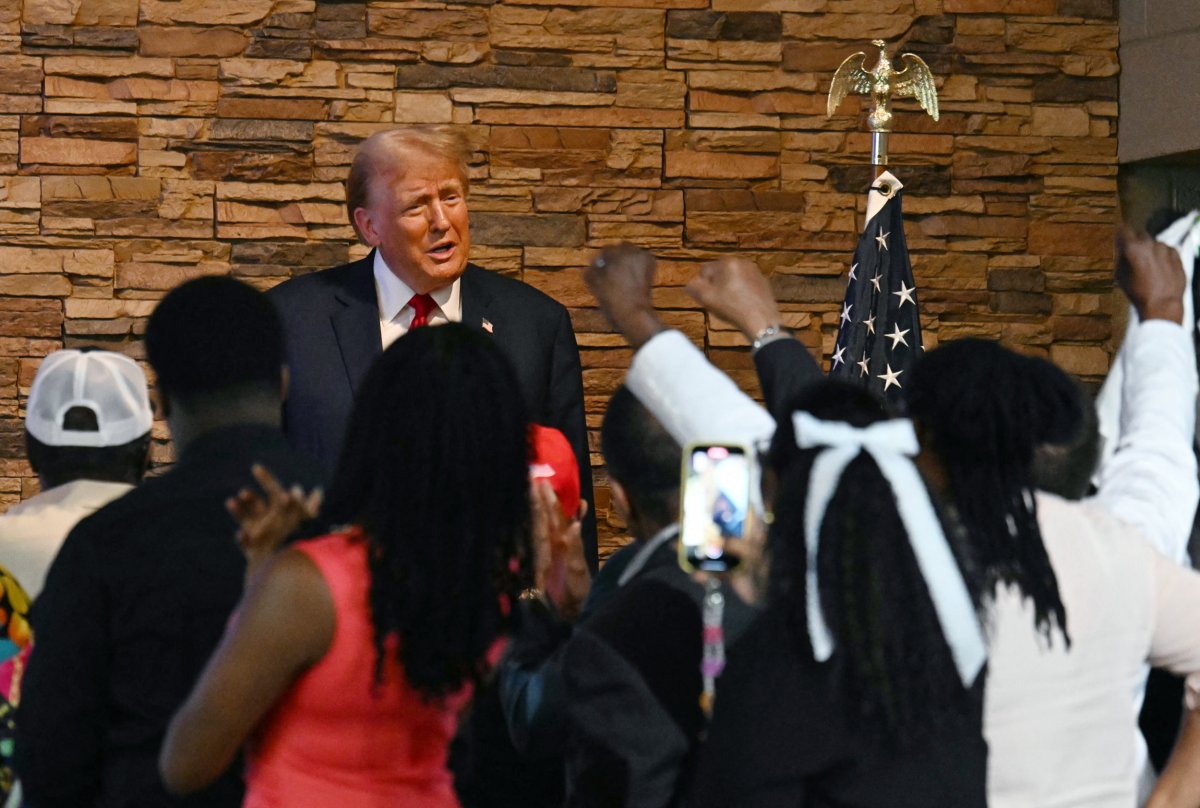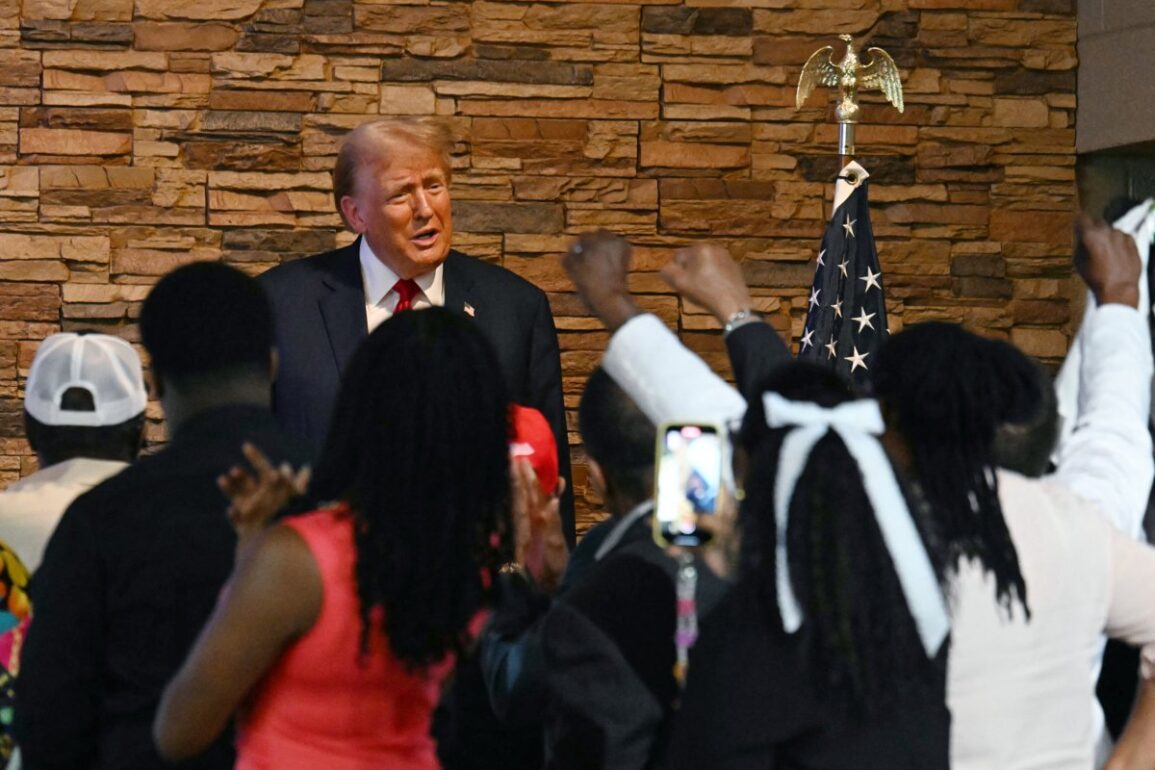Vice President Kamala Harris had better do more work to win over Black men, because right now, her polling numbers look like they are stuck in the waiting room of a DMV, especially when compared to previous Democratic presidential candidates.
A recent pollfrom the NAACP shows that Harris is underperforming with Black voters—especially Black men. 79 percent of Black women over 50 said they would vote for Harris, but only 66 percent of men over 50 are planning to do so. Just 56 percent of Black voters aged 18 to 49 support Harris, which suggests that her campaign is struggling to energize this demographic.
Why are Black men so disenchanted with Harris?
Democrats have faced challenges reaching Black men at the grassroots level. There is a growing sense that Democrats, in general, are not doing enough to reach these voters in a meaningful way. Black male voters feel neglected by a party that has taken their votes for granted for decades without doing much in return for their loyalty. Over the past few years, Black men have become increasingly disillusioned with the Democratic Party, and the divide is even more pronounced among younger Black men.
On the social front, the Democratic Party is out of step with many minority communities, with a far-Left agenda that is more at home in the faculty lounge than the barber shop. But even on bread-and-butter issues, Black men have lost trust in the Party to represent our interests, starting with our very real economic interests.
Darvio Morrow, host of “The Outlaws Radio Show” and CEO of First Class Broadcasting, believes that Black men seek tangible solutions that Democrats have failed to provide. “Black men are asking ‘What’s in it for us?'” He told me. “Black men have felt neglected and dismissed by the Democratic establishment and ignored by the Republican establishment. This time around, platitudes aren’t enough for many of these voters.”

Former US President and Republican presidential candidate Donald Trump (L) arrives to participate in a community roundtable at the 180 Church in Detroit, Michigan, on June 15, 2024.
Morrow pointed out that some Black men “are choosing to respond favorably to Trump because they believe that their lives were better when he was in office, while others are still sitting on the sidelines asking for both of these candidates to give specifics on how their policies will improve the lives of these voters.”
This is especially true when it comes to the economic struggles Black Americans are facing under the Biden-Harris administration. Black men, especially younger ones, feel their economic problems, such as stagnant wages and the rising cost of living, are not being addressed. The NAACP poll showed that 82 percent of Black men under 50 indicated that economic concerns was at the top of the list of important issues—double that of the number overall.
Economic concerns are related to another big motivating factor in Black men abandoning the Dems: immigration. Online influencer and business owner Trey Quinn, also known as “The Strong Dad,” cited the Biden-Harris’ failure to address immigration. “As a trade worker, I deal directly with the job loss due to Illegal immigration, and this has been handled poorly under her watch,” he told me. Quinn also argued that Harris’ plans “to benefit those at the lowest end of the totem pole” is aimed more at “newly legitimized immigrant communities” rather than Black Americans.
And then there’s Harris’ record as a prosecutor. That’s a deal-breaker for Quin, an ex-convict: “I don’t trust corrupt prosecutors or prosecutors with hidden records.”
Harris’ prosecutorial record has been a source of contention for many in the Black community, who believe she contributed to mass incarceration during her stint as California’s attorney general and in prior positions. Her perceived role in imposing policies that disproportionately affected Black Americans has created a deep distrust among many Black men.
And then there’s the flip-flopping, which was cited to me as a red flag by actor and film producer Isaiah Washington, who feels Harris cannot be trusted due to her inconsistent policy positions. “Kamala Harris has been profoundly disingenuous about her past positions on multiple policies,” as well as other aspects of her beliefs, including those about herself, Washington told me. “Why should I believe or trust anything that she says about anything?”
These men are not outliers, according to polling. Their concerns about Harris’s honesty, her record on immigration, and her economic approach are shared by many Black men, it turns out.
This election is poised to be a turning point for our community.
The numbers don’t lie. With the election fast approaching, Harris has little room for error as this will be a close election. If her campaign cannot figure out how to energize Black men and regain their trust, this voting bloc could become a liability—instead of a group Democrats have counted on for decades.
Without a clear pivot to address our concerns, Democrats could be in for a rude awakening at the polls on Election Day.
Jeff Charles is the host of “A Fresh Perspective” podcast and a contributor for RedState and the Daily Caller.
The views expressed in this article are the writer’s own.



